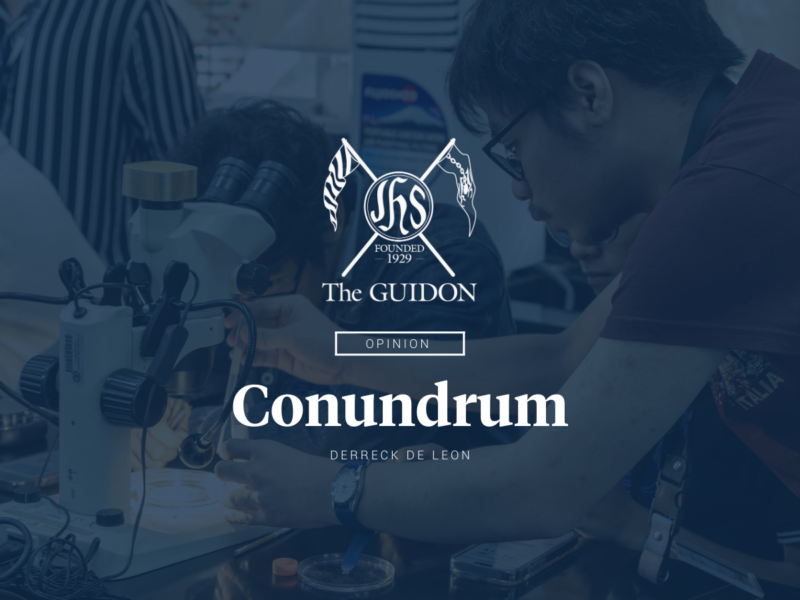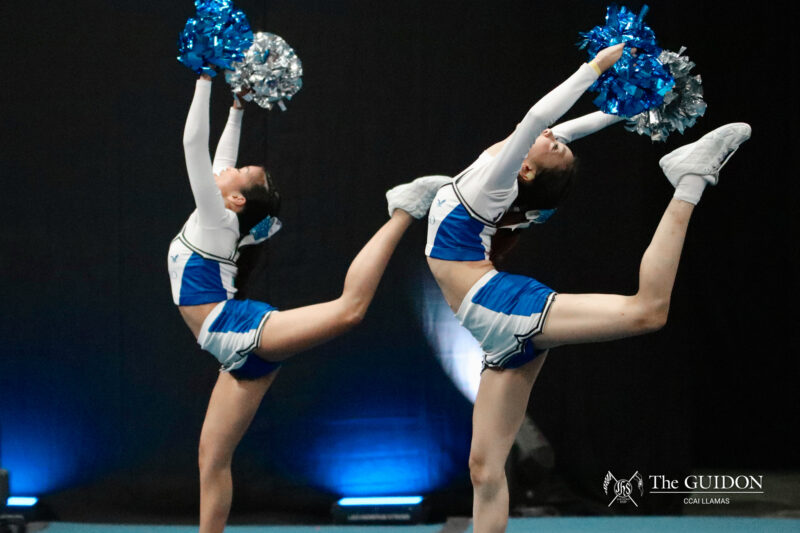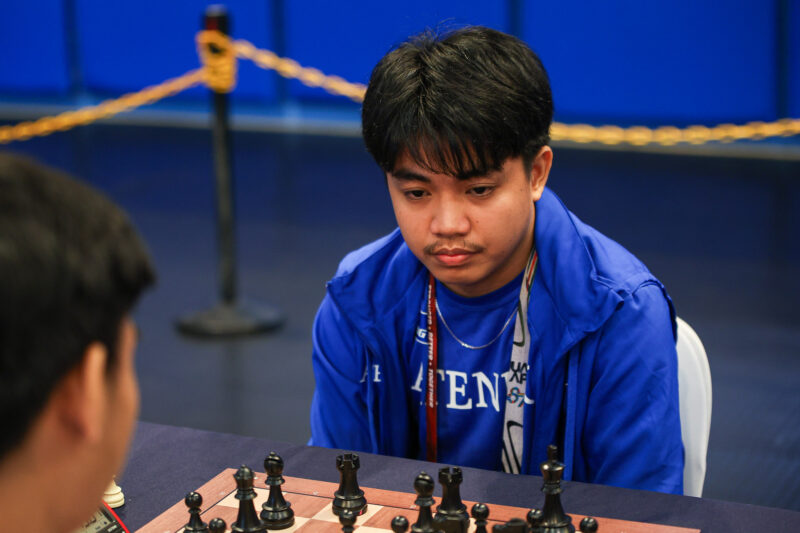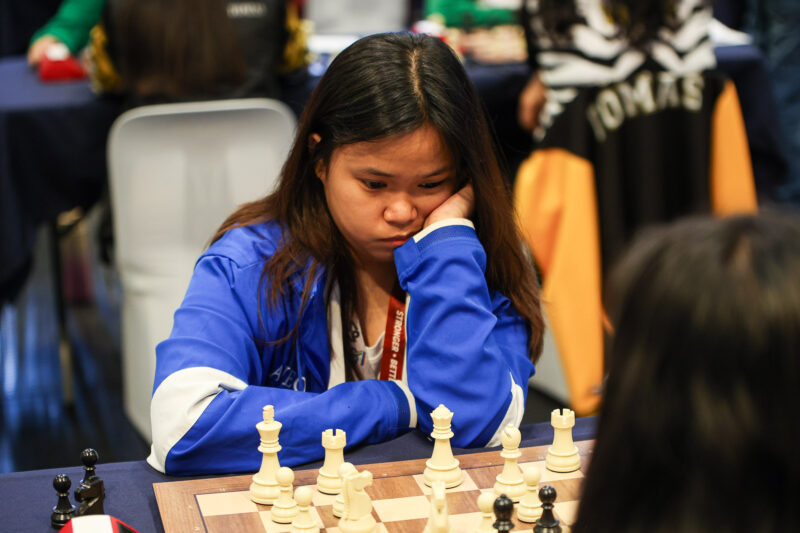IN THE realm of media, quality and truth both stand as foundational pillars in good reportage. However, when probing specifically into the conventions of journalism in sports, the imposition of non-sensationalized and factual coverage is not only seldomly demanded but is seemingly out of the ordinary.
Growing up with sports as my first love inherently exposed me to transcendent athletes I wanted to emulate. When I realized that I was far off from matching my sporting idols’ talents, I knew that the next biggest thing would be chronicling the greatest moments and stories in sports.
Fast forward to today, I now hold the mantle of being one of the sports editors of the official student publication of my dream school—the Ateneo. I humbly embrace this responsibility as an honor of a lifetime, as one of the many reasons I wanted to call Loyola Heights home is my lifelong fandom of Ateneo sports.
However, beneath my joy, I have been quite embarrassed about being a representative of sports media for quite some time now. It is humiliating to know that my area of expertise is rife with inept and self-serving “professionals.”
The privilege of wielding a platform is now commonly tarnished by local sports outlets, especially amid an engagement-driven digitalized era. Adding further insult to injury, Filipino sports media spares no prisoners in forwarding their cutthroat reportage, even toward our nation’s finest athletes.
Notably, many national publications emptied the clip on disingenuously producing content spotlighting Carlos Yulo’s rarified double gold in the Paris Olympics. As if covering history was not enough, these channels shifted to sensationalizing Yulo’s family issues, with some journalists adding fuel to the fire with their reality television-style approach to reporting.
Just months later, several sports journalists then ran with fabricated headlines that pitted the champion gymnast against another superstar Filipino athlete, EJ Obiena.
Voicing his displeasure, the world’s third-ranked pole vaulter took to social media to call out the local media, saying, “Journalism is a noble profession driven by FACTS. It’s a shame it is sometimes abused.”
Upon further assessment, I see parallels between this epidemic of putrid sports journalism with many of the Philippines’ societal imperfections. From swirling rumors being commonplace in barangays up to government offices, drama and toxicity have been normalized due to public figures abusing their authority. Sadly, the unflattering state of local sports media serves as a microcosm of troubles that also stem from Filipinos’ opportunistic tendencies.
Nevertheless, I truly think that cleansing sports journalism has no single “end all, be all” solution because the media cannot be policed or licensed. Regardless, a fundamental step to neutralizing dubious sports outlets would be to refrain from feeding into their clickbait stories and demanding competence in their practices.
As someone who has turned his childhood aspiration of being a sports journalist into fruition, I want to sternly remind my fellow colleagues that telling sports stories is not only an art but a selfless duty. After all, we entered this field with shared intentions of giving power to the game and the athlete.
Ralph is a senior AB Communication student at the Ateneo de Manila University. With his immense passion for storytelling and sports, he envisions empowering trailblazers and changemakers in Ateneo and Philippine sports.
Editor’s Note: The views and opinions expressed by the opinion writer do not necessarily state or reflect those of the publication.







